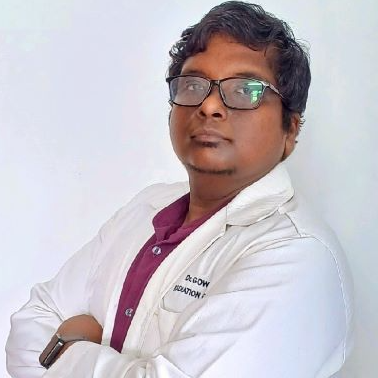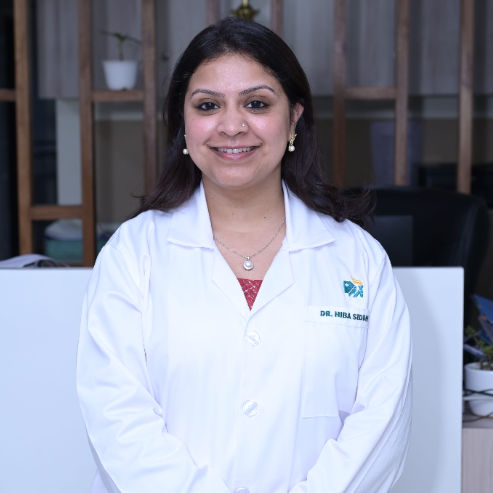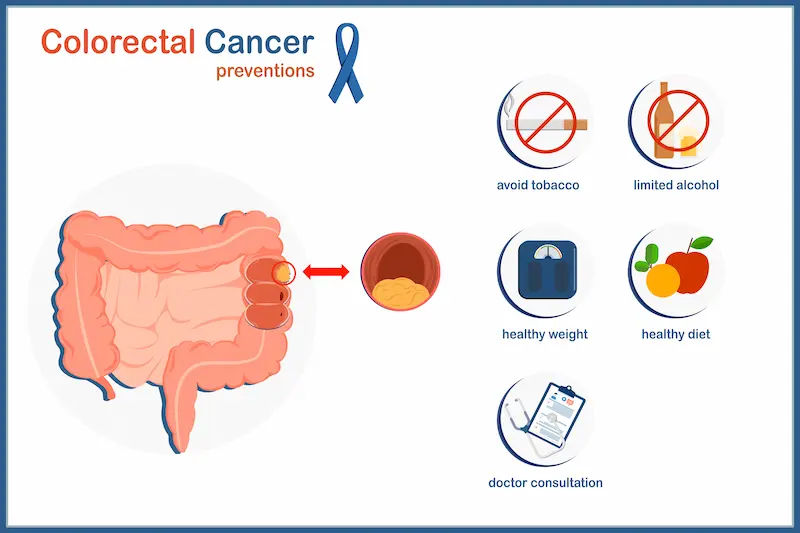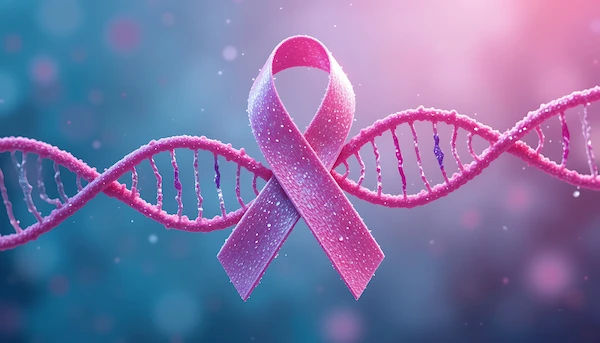Is Chemotherapy Used Only for Cancer?
Explore whether chemotherapy is used exclusively for cancer or if it treats other conditions too. Understand its broader medical applications and how it works.

Written by Dr. Siri Nallapu
Reviewed by Dr. Rohinipriyanka Pondugula MBBS
Last updated on 13th Jan, 2026

When we hear the word chemotherapy, the first thought that comes to mind is cancer treatment. While chemotherapy is most commonly associated with fighting cancer, it is not limited to just that. Many people are unaware that chemotherapy drugs can also be used to treat other medical conditions.
In this article, we will explore what chemotherapy is, whether it is used only for cancer, other conditions where chemotherapy may be helpful, side effects and how to manage them and when to consult a doctor.
What Is Chemotherapy?
Chemotherapy (often called chemo) refers to the use of strong medications to destroy or control the growth of rapidly dividing cells in the body. Since cancer cells grow and multiply much faster than normal cells, chemotherapy is highly effective in targeting them.
However, some non-cancerous conditions also involve abnormal cell growth, which is why chemotherapy may sometimes be used for them as well.
Is Chemotherapy Only for Cancer?
The short answer is no. While chemotherapy is primarily used for cancer, doctors may also prescribe it for certain autoimmune diseases and severe infections.
1. Autoimmune Diseases
Autoimmune diseases occur when the immune system mistakenly attacks healthy cells. Some examples where chemotherapy may be used include:
Rheumatoid Arthritis (RA) – Low-dose chemotherapy (like methotrexate) can suppress an overactive immune system.
Lupus (SLE) – Chemotherapy helps control severe flare-ups.
Multiple Sclerosis (MS) – Certain chemo drugs slow nerve damage.
2. Bone Marrow Disorders
Bone marrow disorders can include a range of conditions where the bone marrow that produces blood cells does not function correctly.
Aplastic Anaemia – A condition where the bone marrow stops producing enough blood cells. Chemotherapy (along with immunosuppressants) can help stimulate bone marrow function.
3. Severe Infections
In rare cases, chemotherapy may be used to treat life-threatening infections caused by parasites or fungi, especially in people with weakened immune systems.
Consult Top Cancer Specialist
How Does Chemotherapy Work in Non-Cancer Conditions?
In autoimmune diseases, chemotherapy drugs help by:
Suppressing the immune system to stop it from attacking healthy tissues.
Reducing inflammation that causes pain and damage.
Unlike high-dose cancer chemotherapy, the doses used for autoimmune diseases are much lower, reducing severe side effects.
Side Effects of Chemotherapy
Whether used for cancer or other conditions, chemotherapy can cause side effects because it affects both abnormal and healthy fast-growing cells (like hair follicles, digestive tract, and bone marrow).
Common side effects include:
Fatigue
Nausea and vomiting
Hair loss
Increased risk of infections (due to low white blood cells)
Mouth sores
Loss of appetite
Managing Side Effects
Here are a few ways to manage side effects:
Eat small, frequent meals to reduce nausea.
Stay hydrated to help flush out toxins.
Practice good hygiene to prevent infections.
Rest when needed and don’t push yourself too hard.
Talk to your doctor about medications to ease side effects.
When Should You Consult a Doctor?
If you or a loved one has been recommended chemotherapy for a non-cancer condition, it’s important to:
Understand the treatment plan, why it’s needed and what to expect.
Monitor for side effects and report them to your doctor.
Follow up regularly to adjust doses if needed.
If you have concerns about chemotherapy or need expert advice, you can consult an oncologist or rheumatologist through Apollo 24|7. Early guidance can help manage treatment better.
Conclusion
Chemotherapy is not just for cancer and it can also be a lifeline for people with severe autoimmune diseases and other conditions. While the side effects can be challenging, proper medical supervision and self-care can make the process smoother.
If you have any questions about chemotherapy or need to schedule a consultation, Apollo 24|7 is here to help. Stay informed, stay healthy!
Consult Top Cancer Specialist
Consult Top Cancer Specialist

Dr. Sanchayan Mandal
Medical Oncologist
17 Years • MBBS, DrNB( MEDICAL ONCOLOGY), DNB (RADIOTHERAPY),ECMO. PDCR. ASCO
Kolkata
MCR SUPER SPECIALITY POLY CLINIC & PATHOLOGY, Kolkata

Dr.sanchayan Mandal
Medical Oncologist
17 Years • MBBS, DrNB( MEDICAL ONCOLOGY), DNB (RADIOTHERAPY),ECMO. PDCR. ASCO
Kolkata
Dr. Sanchayan Mandal Oncology Clinic, Kolkata

Dr. Anindita Ray
Oncologist
7 Years • MBBS, MD ( Radiation Oncology )
Kolkata
MCR SUPER SPECIALITY POLY CLINIC & PATHOLOGY, Kolkata

Dr Gowshikk Rajkumar
Oncologist
10 Years • MBBS, DMRT, DNB in Radiation oncology
Bengaluru
Apollo Clinic, JP nagar, Bengaluru

Ms. Hiba Siddiqui
Oncologist
13 Years • BA (Hons), MA, Professional Certification Psycho-oncology, PhD
Delhi
Apollo Hospitals Indraprastha, Delhi



